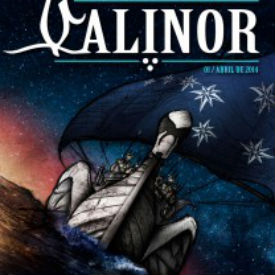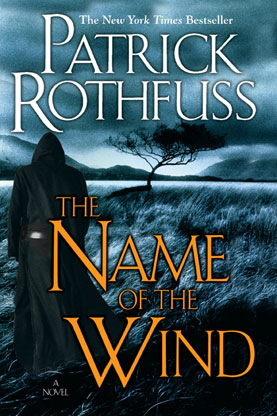
I was deeply tempted to title this post “Academia for Fun and Profit,” but it seemed a bit misleading as the vast majority of people tend to read “profit” as traditional monetary gain. (To those who have arrived here by accident: Sorry, wrong number.) If you want to get involved in the scholarly engagement with the fantastic, the only profit you will find is in friends and lines for your CV. To that end, here are some basics for scholarship in the fantastic (And hopefully, fantastic scholarship!):
1) Boldly go where no one has gone before.
This is possibly the hardest part—saying something no one else has said before. On the other hand, it’s also maybe the most exciting part, because you get to do something new and different. So say you have a great idea–the first thing you want to do is check to see if anyone else has had one like it. Most conferences will post their programs from previous years so that people can see what talks and papers have been given; this provides not only the “flavor” of the conference but an opportunity to see what else has been done in the area of your interest.
Sometimes there’s just something in the air and everyone wants to talk about it. I remember a few years ago at PCA there were six different papers on Mormonism in Stephenie Meyer’s Twilight series. That’s maybe a hint that if that’s *your* big idea, you might want to try to put a new spin on it. For example, instead of focusing on the sparkly vampires, you might want to talk about the werewolves. And suppose you’re interested in the history of tropes…so, “Werewolves in Mormon Literature from 1830-2013.” (If someone writes that paper, send it to me—I wanna read it!) Boom!
2) Do your research.
I think this is the fun part, personally, but I recognize I’m in the minority here. Here’s the thing, though: Conference papers aren’t extended op-eds. Also, everyone in the audience who’s coming to your talk? Is coming because they are interested and likely know the topic. (In some cases, they might know it better than you do.) You can’t fudge and you do need to know your stuff. Because if you don’t? You will be called out on it. Probably politely, but possibly not. Save everyone embarrassment by doing your homework.
The first place to start is go to the Science Fiction Research Database. It’s free and it’s ginormous, tying together over 100,000 entries on scholarship in the last thirty years. (Full disclosure: I’m so totally biased because it was created by my friend and mentor, Hal W. Hall, who put together the vast, vast majority of those citations by himself.) Try doing multiple searches to find the most material related to your idea. And then take them to the library closest to you—most items can be located by a good InterLibrary Loan service within days.
3) Write that paper!
This is where some people can get tripped up. I like to remind people of Ernest Hemingway here—he was kind of a douchebag, but he knew his stuff. His advice for writing was to write one true sentence, and then write another.
That’s all you’ve got to do. “I have this idea. Here’s what it is. This is how it works. This is why it matters.” That’s the simple version, obviously, but it still works.
4) Find the conference you want to go to and submit an abstract.
An abstract is the shortest possible version of your paper—usually 250 words, sometimes more or less. It’s what the people organizing the conference look for so they get an idea of what you want to talk about and where they might put you with other scholars interested in the same things (e.g., from our example above, werewolves and Mormonism). Depending on the conference, the organizers may get dozens and in some cases hundreds of abstracts they need to organize and sort, so it can often take a while. Try not to sweat after you’ve submitted, and try not to get discouraged if you get turned down. Remember, there’s usually other places to go to talk about whatever’s on your mind. Like any piece of writing, don’t put it in a drawer and forget about it—dust it off and get it in the mail!
~
I hope this helps, and maybe even encourages a few of you to send something out. If you do—drop me a line, would ya? I’d love to hear about it!










